Liz Truss’s bold economic plans have shocked many of her colleagues
New British PM’s bold economic plans have shocked many of her colleagues, with some concerned she is throwing the baby out with the bathwater.
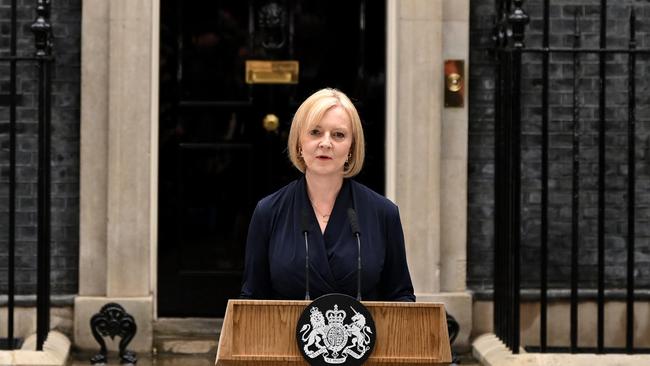
Most people visiting London’s Greenwich early last month were tourists, lazing in a park parched dry by the summer heatwave, sweating their way up the hill to the observatory where a line on the ground marks the prime meridian of global timekeeping.
But nearby, Liz Truss and her soon-to-be chancellor of the exchequer, Kwasi Kwarteng, met to map out a radical blueprint that dated back to a vision they shared when, as rising stars of their party, they published Britannia Unchained, a book that argued growth and productivity were too low. Truss told Kwarteng of her desire to do away with what she called “abacus economics” – tax and spend – at the expense of economic growth.
“In some ways they’ve been planning this for much of their working lives,” an aide said.
The plan was fleshed out with senior aides over coffee and biscotti in Truss’s living room in the third week of August. Truss and Kwarteng also met a couple of times in the Richard the First pub, on nearby Royal Hill, a fitting location to discuss a crusade to transform the way Britain is run. What Truss was plotting was nothing less than a move to create an entirely new government, without a public mandate, almost overnight – and 12 years into a period of Conservative rule.
Last week’s resulting “mini- budget” was anything but mini. Kwarteng vowed to cut taxes by $73bn and raise borrowing by $117bn to fund a massive intervention to curb energy prices for families and businesses.
He overturned former chancellor Rishi Sunak’s national insurance rise and scrapped plans to raise company taxes. And he brought forward a one-penny cut in the basic rate of income tax to April and scrapped the top rate of tax altogether for those on $245,000 or more. A Tory MP was heard saying “Jesus Christ” from the public gallery when it was announced.
Labour called the plans a Tory admission of 12 years of economic failure.
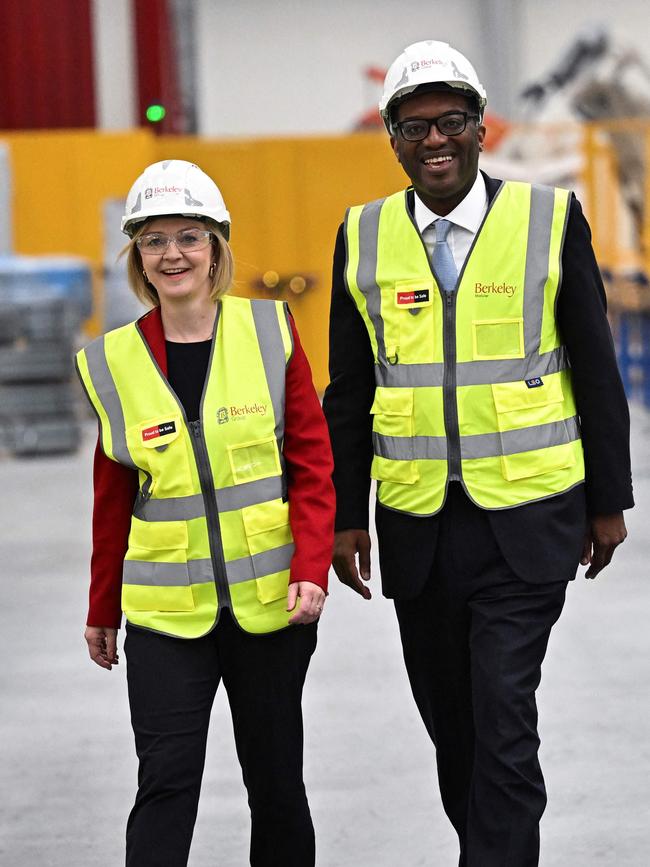
“This is casino economics – gambling the mortgages and finances of every family in the country to keep the Tory party happy,” said Rachel Reeves, the shadow chancellor. The plans did, however, put clear blue water between the Conservatives and the centrist policies of the opposition for the first time in decades.
Within minutes of Kwarteng retaking his seat in the Commons, the pound was tanking as the markets reacted with alarm. Tory MPs, shocked at the decision to play into Labour’s caricature of the Tories as there only to help the rich, called it a “kamiKwasi budget”. A former minister said: “Everyone who isn’t mad hates it.”
Senior government officials insist there is method in this madness and argue it represents the only possible path to a Conservative election victory in 2024. Last Thursday Truss told her economic team: “I’m prepared to take the difficult decisions. We have to be unapologetic about doing what we know is right and what we know will make people’s lives better.”
Kwarteng’s approach is the same. He put final touches to his growth plan over a takeaway curry in the Chancellor’s No.11 Downing Street dining room, with close political aides and Treasury officials. Finalising his draft speech, the Chancellor turned to advisers and said: “We can finally say, and do, what we think is right. We’re about to undo 25 years of social democratic tinkering.” He then practised the speech with books piled high to simulate the Commons dispatch box.
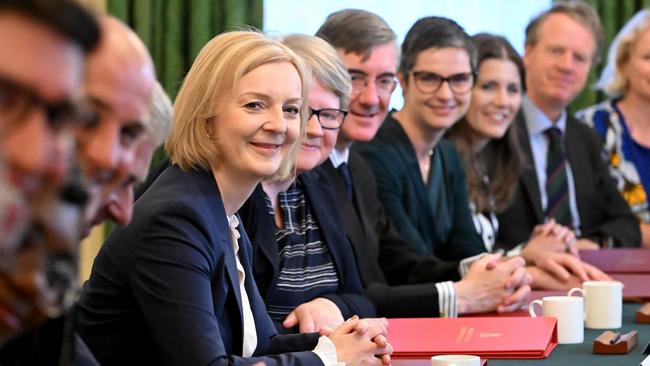
Late last Friday, the Chancellor and his team walked from No.11 to the Two Chairmen pub in Westminster, the traditional watering hole for officials after a fiscal event, to thank the Treasury team in person. By then Kwarteng probably needed a stiff drink. The pound had slumped to $US1.09, its lowest for decades. “The gulf between the free-marketeers and what the free market actually thinks of the free-marketeers is hilarious,” said a former Downing Street aide now advising big businesses. “(Business doesn’t) have any confidence they know what they are doing in Downing Street.”
A source who was present at a dinner attended by hedge-fund managers a week ago revealed: “They were all supporters of Truss and every one of them was shorting the pound.”
Several made small fortunes on Friday betting against the currency. A recently departed cabinet minister said: “They’ll be going for international aid soon.”
Interest rates are now expected to rise as high as 5 per cent, driving up the cost of mortgages for a generation used to low-cost borrowing. “Whatever people gain in tax cuts is going to be wiped out by higher mortgages,” a former No.10 official said.
Despite the jittery response of the markets and MPs, Truss and Kwarteng have no intention of stopping there. The truth is that Kwarteng’s package might have been even bigger.
Along with tax cuts will come a huge program of deregulation, fulfilling a favourite phrase of Truss’s senior team that they are there to “just get shit done”.
Buried in the budget were radical pledges to reform planning, immigration and workplace rules, any one of which has the potential to cause a mass rebellion among backbench MPs and even cabinet ministers.
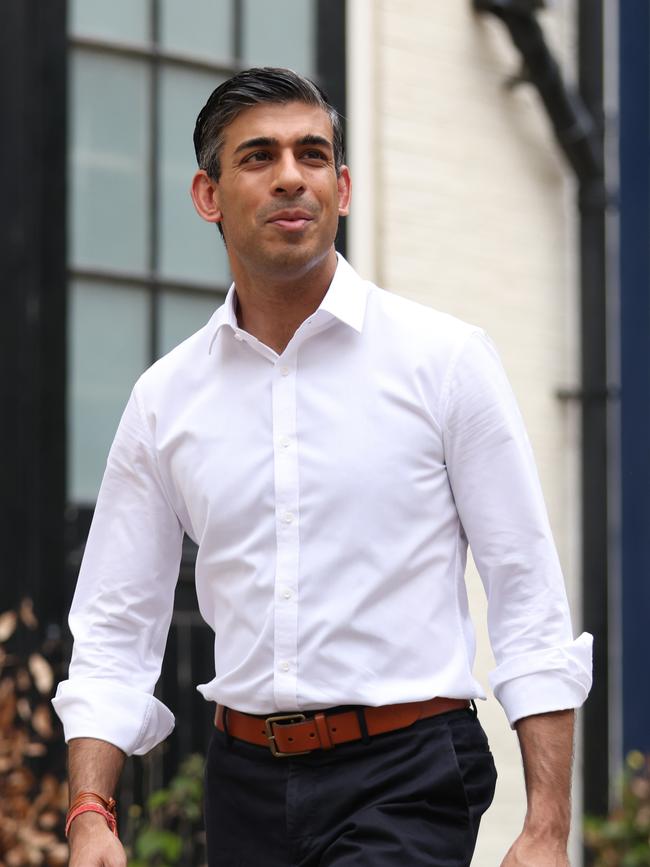
One of the first things to go this week are regulations designed to prevent obesity, which Truss sees as nanny state meddling. Ministers are expected to lay a negative statutory instrument reversing the rules that ban the sale of sweets and chocolate near checkouts. Proposals to scrap the EU’s 48-hours-a-week working time directive are also on the table.
MPs worry that Truss is throwing the baby out with the bathwater. Her desire to focus solely on growth means symbolic elements of Boris Johnson’s embrace of the green agenda will be abandoned.
There has been widespread concern on the backbenches about the way Truss handled her reshuffle, removing all but a tiny number of those who backed her leadership rivals. The Prime Minister told Grant Shapps, the former transport secretary, that he was an effective minister and “one of the best media performers” in the cabinet, but because he had not supported her “there is no room at the inn”.
Knives are also out for Wendy Morton, the new chief whip, who is said to have handled junior ministerial sackings badly and is regarded by her colleagues as “not the sharpest tool in the box”.
It is not just the budget that has created awkward questions. Truss spent the early part of last week in New York for the UN General Assembly and an at times difficult bilateral meeting with US President Joe Biden, who had scrapped a Downing Street meeting last week, when he was in Britain for the Queen’s funeral, amid anger at Truss’s approach to the Northern Ireland protocol.
A No.10 aide said problems caused by the Brexit deal were “barely discussed” with Biden, but the Americans opened the meeting with the subject.
A US diplomat told an MP last week that a newspaper report blaming Biden’s aides rather than the President for US angst over the peace process “went down like a lead balloon”. The MP said: “It was picked up instantly both in Washington and in the delegation that accompanied the President. Firstly they said it was just plain categorically wrong. Secondly, Biden came to the UK out of respect to the Queen and was irritated to read he was doing deals in the sidelines. There were no conversations as a result.”
A senior Western diplomat in London said the Americans want to see a deal in time for next year’s 25th anniversary of the Good Friday agreement, when Biden could endorse any compromise on goods checks agreed by the UK, the EU and the Irish government. However, he added: “The problem is (Truss’s) brand is conflict, and what we need is a solution.”
The Americans will encourage the parties but have no desire to be actively involved in the negotiations. “Nobody loves their marriage-guidance counsellor,” the diplomat said.
With problems mounting and MPs skittish, Truss will want to use next week’s Conservative Party conference to steady nerves and start selling her vision to the public. While she improved during the Tory leadership campaign, the new Prime Minister is still far from a confident platform speaker.
Attempts to calm MPs and get them to buy into her economic message are already under way. She “hammered” the economic growth message at a meeting of 90 Tory MPs at No.10 on Thursday evening as part of a strategy presentation.
Yet even those who like what Truss has done so far are concerned that it needs to be explained better to the public.
There is some evidence that the public will give Truss the benefit of the doubt for now. In a focus group with voters from the marginal Midlands seat of West Bromwich East conducted by Luke Tryl, a former Tory political adviser, last Friday, many questioned the effectiveness and fairness of the budget measures. But they also said it was “too soon” to judge Truss.
Several questioned whether Sir Keir Starmer, the Labour leader, was “strong enough” to be prime minister. Five participants had voted Tory in 2019, when Nicola Turner beat her Labour rival by 1593 votes; three of them had backed Labour. In a vote at the end of the focus group, they divided six for Truss and two for Starmer.
The budget was economically disputed and arguably politically damaging to the Tories but it was undoubtedly an act of strength from a leader who knows what she wants. Leaving her office on the way to parliament to join the Chancellor on the frontbench on Friday, she told senior staff: “This is just the start. We have to get on and deliver.”
If she succeeds in stimulating economic growth, a similar rise in Conservative poll numbers could well follow.
The Sunday Times

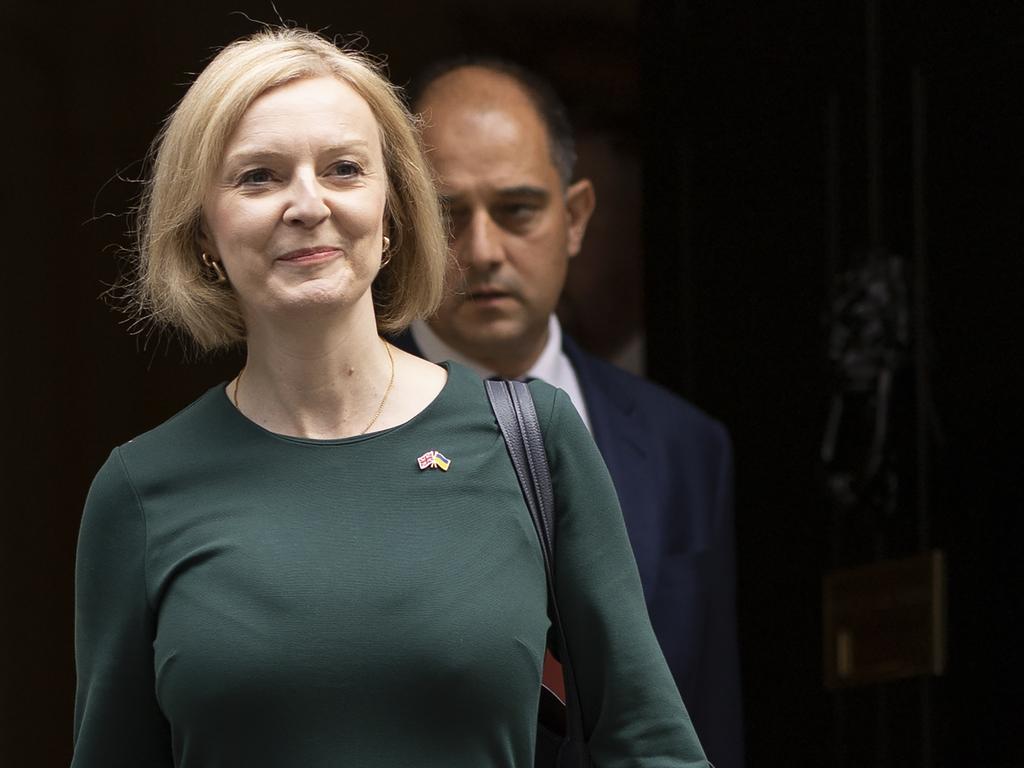

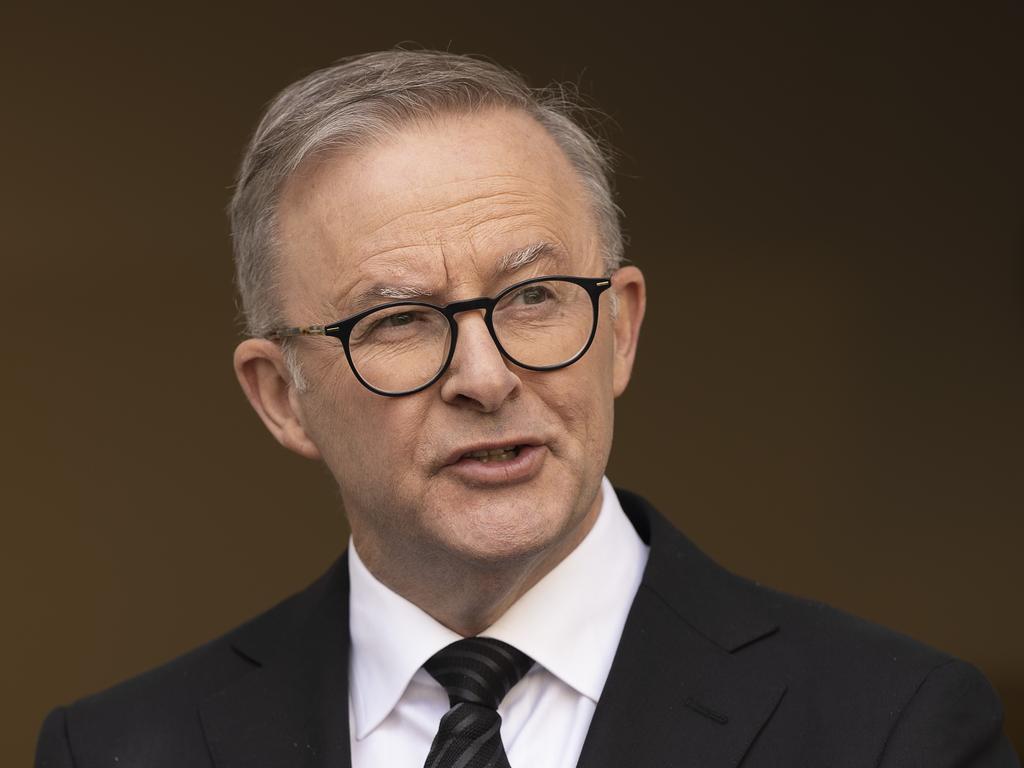
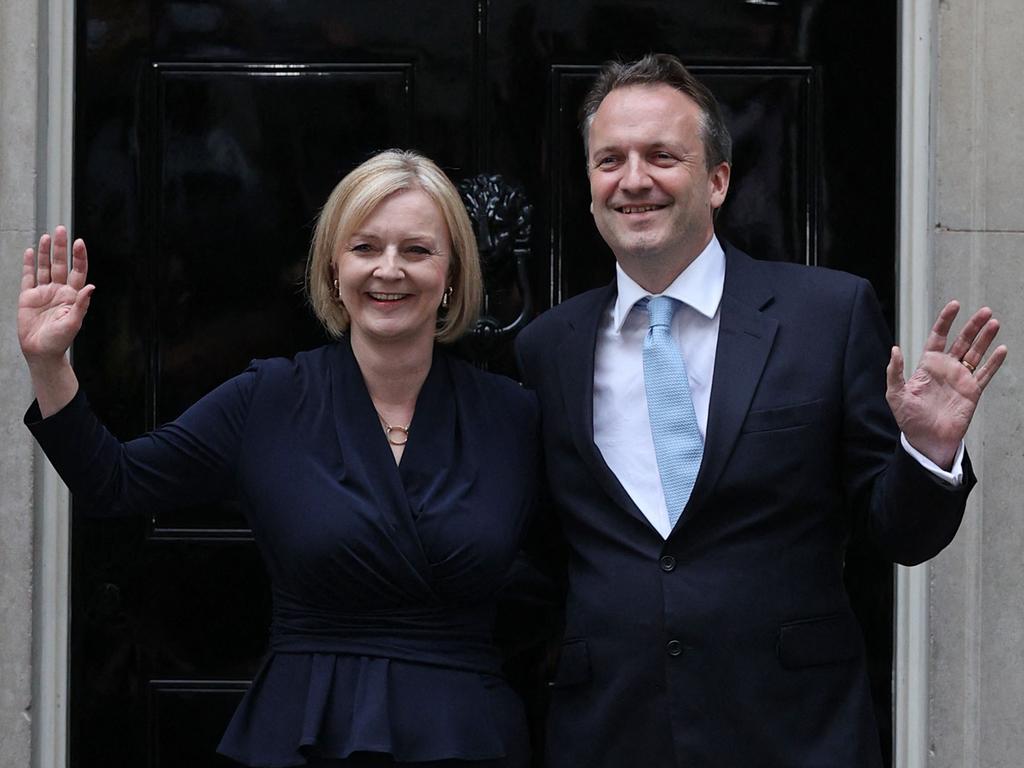
To join the conversation, please log in. Don't have an account? Register
Join the conversation, you are commenting as Logout